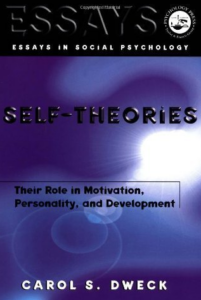 Self-theories: Their Role in Motivation, Personality, and Development (Essays in Social Psychology), 1st Edition by Carol Dweck
Self-theories: Their Role in Motivation, Personality, and Development (Essays in Social Psychology), 1st Edition by Carol Dweck
Get it at AMAZON
This innovative text sheds light on how people work — why they sometimes function well and, at other times, behave in ways that are self-defeating or destructive. The author presents her groundbreaking research on adaptive and maladaptive cognitive-motivational patterns and shows:
- How these patterns originate in people’s self-theories
- Their consequences for the person — for achievement, social relationships, and emotional well-being
- Their consequences for society, from issues of human potential to stereotyping and intergroup relations
- The experiences that create them
This outstanding text is a must-read for researchers in social psychology, child development, and education, and is appropriate for both graduate and senior undergraduate students in these areas.
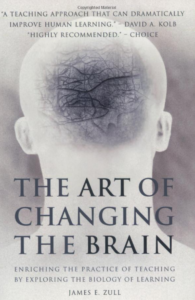 The Art of Changing the Brain: Enriching the Practice of Teaching by Exploring the Biology of Learning, 1st Edition by James E. Zull
The Art of Changing the Brain: Enriching the Practice of Teaching by Exploring the Biology of Learning, 1st Edition by James E. Zull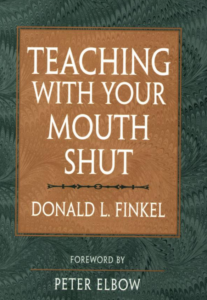 Our traditional “Great Teacher” teaches by telling, inspiring students through eloquent, passionate oration. For Donald Finkel this view is destructively narrow: it takes for granted that teachers teach, fundamentally and centrally, by telling students what they are supposed to know. In Teaching with Your Mouth Shut, Finkel proposes an alternative vision of teaching – one that is deeply democratic in its implications.
Our traditional “Great Teacher” teaches by telling, inspiring students through eloquent, passionate oration. For Donald Finkel this view is destructively narrow: it takes for granted that teachers teach, fundamentally and centrally, by telling students what they are supposed to know. In Teaching with Your Mouth Shut, Finkel proposes an alternative vision of teaching – one that is deeply democratic in its implications.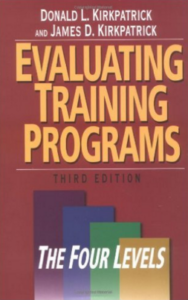 Evaluating Training Programs: The Four Levels by Donald L. Kirkpatrick and James D. Kirkpatrick
Evaluating Training Programs: The Four Levels by Donald L. Kirkpatrick and James D. Kirkpatrick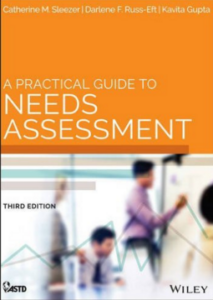 A Practical Guide to Needs Assessment by Kavita Gupta
A Practical Guide to Needs Assessment by Kavita Gupta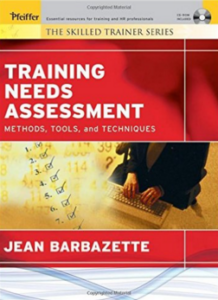 Training Needs Assessment: Methods, Tools, and Techniques by Jean Barbazette
Training Needs Assessment: Methods, Tools, and Techniques by Jean Barbazette Experiential Learning: Experience as the Source of Learning and Development by David A. Kolb
Experiential Learning: Experience as the Source of Learning and Development by David A. Kolb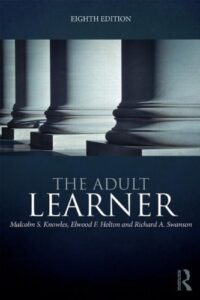 The Adult Learner: The definitive classic in adult education and human resource development by Malcom S. Knowles, Elwood F. Holton III, and Richard A. Swanson
The Adult Learner: The definitive classic in adult education and human resource development by Malcom S. Knowles, Elwood F. Holton III, and Richard A. Swanson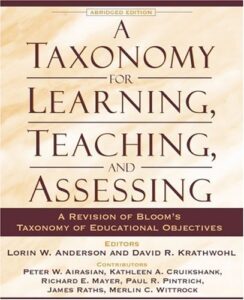 A Taxonomy for Learning, Teaching, and Assessing: A Revision of Bloom’s Taxonomy of Educational Objectives by Lorin W. Anderson
A Taxonomy for Learning, Teaching, and Assessing: A Revision of Bloom’s Taxonomy of Educational Objectives by Lorin W. Anderson